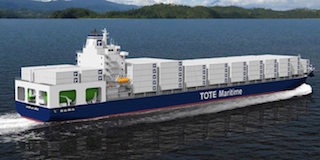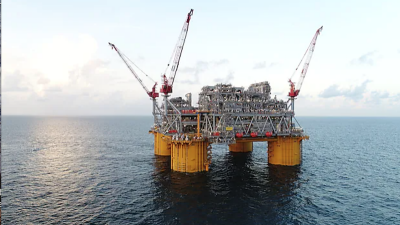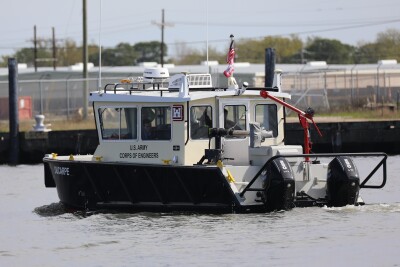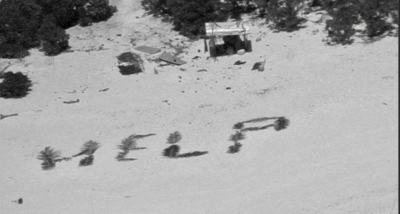By Stan Youtt and Greg Beers P.E.
Worldwide there are about 30 LNG-powered vessels in service and another 30 or so are in design or construction. Roughly half of those in design or construction are U.S. vessels.
We believe that LNG is now emerging as the fuel of choice for the propulsion of U.S. vessels in many marine applications due to its inherent benefits:
• Safe – Proven by years of demonstrated safe marine operations
• Clean – Meets and exceeds new North American Emission Control Area (ECA) standards
• Available – Estimates show almost unlimited North American supply
• Cost Effective – Significantly less than diesel fuel options on an energy equivalent basis
LNG-powered vessels can meet and exceed these new ECA emission standards and in many applications can cut expenses despite the required initial investment needed for natural gas engine and fuel systems.
Essential to the operation of LNG-powered vessels is the infrastructure required to support refueling. Primary elements consist of waterfront liquefaction facilities, LNG transport barges that enable remote waterfront LNG refueling facilities and bunker barges that facilitate LNG refueling simultaneously with cargo loading or unloading operations.
With available financing and continued regulatory cooperation, the potential for LNG-powered vessels (both in the U.S. and worldwide) is enormous.
Over recent years, we at Bristol Harbor Group Inc. and our sister company, The Shearer Group Inc., have taken a leadership role in this field by engaging in four separate LNG vessel projects, including one that is currently under construction at Conrad Shipyard’s Orange facility in Orange, Texas:
- Two LNG-powered ships:
- A 4,200-hp LNG towboat
- A U.S. Army debris collection vessel
- Two LNG barges essential to required infrastructure:
- A 232', 2,000m3 LNG transport/bunker barge with a membrane tank
- A 300', 3,000m3 double-hull LNG transport barge with Type C pressure tanks
This work has provided Bristol Harbor Group with considerable experience not only in the design of LNG vessels but also in the integration of sophisticated LNG systems, and in the analysis of associated risks needed to ensure safety. It has also provided us with experience in working with the U.S. Coast Guard (USCG) and the American Bureau of Shipping (ABS) through the design approval process.
Stan Youtt is a consultant and Greg Beers is the president and principal naval architect for the Bristol Harbor Group Inc. and The Shearer Group Inc.





